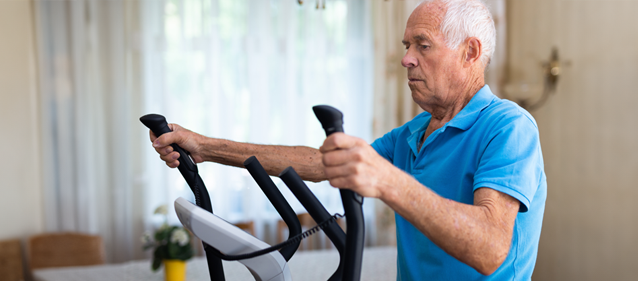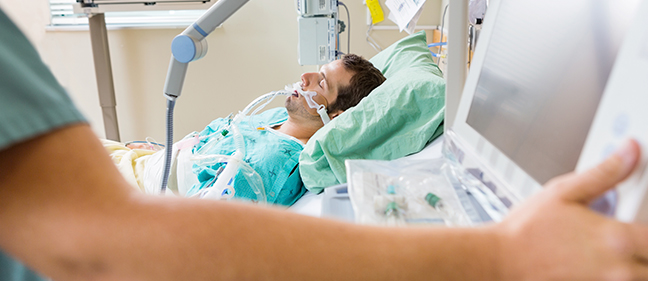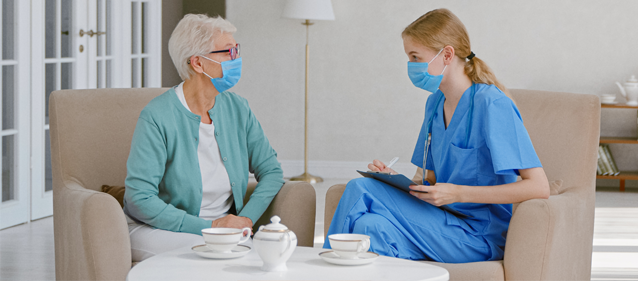Post-intensive Care Recovery

A critical illness refers to a severe and often life-threatening condition, that requires an intensive care unit (ICU) admission for close monitoring and advanced medical treatments. Recovery from a critical illness can be a long and challenging process, and individuals may experience lingering symptoms long after their acute condition has been treated.
What is post-intensive care syndrome?
Post Intensive Care Syndrome (PICS) is a term used to describe a collection of physical, cognitive, and emotional symptoms that can affect individuals who have survived a critical illness and undergone treatment in an ICU.
PICS is not limited to any specific medical condition and can affect individuals who have been treated for a variety of critical illnesses, including severe infections, respiratory distress, cardiac events, and traumatic injuries.
Common signs and symptoms
- Physical Limitations: Muscle weakness and loss of physical strength are common symptoms. This can result in difficulties with mobility and daily activities.
- Cognitive Impairment: Cognitive symptoms may include memory problems, difficulty concentrating, and reduced mental clarity. Some individuals describe a “brain fog” or mental slowness.
- Emotional Distress: Emotional challenges, including symptoms of anxiety, depression, and post-traumatic stress disorder (PTSD). The emotional impact can be substantial for both patients and their families.
- Sleep Disturbances: Sleep problems are often reported, including insomnia and nightmares.
- Social challenges: Difficulty returning to previous roles within family, friendships or work life.
How we can help
At Heart & Lung Physio, we have years of experience working in both the ICU and ICU follow-up clinics. Our post-intensive care recovery programs are designed to help manage and overcome the effects of PICS, with a focus on physical rehabilitation, cognitive therapy, emotional support, and strategies to improve sleep and overall well-being. Our programs aim to enhance the recovery process and improve the long-term outcomes of individuals who have survived critical illnesses.
Comprehensive assessment: We begin by conducting a thorough assessment to understand the extent of your symptoms and their impact on your daily life. This helps us design a tailored treatment plan that focuses your individual needs and challenges.
Personalised treatment: We employ a range of techniques to address the various symptoms of PICS. Your program may include education, fatigue management strategies, gentle exercise, and emotional support.
Gradual Progression: We understand that pacing is crucial during your recovery to avoid overexertion and setbacks. Our programs are designed to gradually progress as you regain strength, stamina, cognitive clarity, and relief from muscle aches, ensuring a safe and sustainable recovery process.
Continued support: Recovering from critical illness can be emotionally taxing for both you and your family. We provide necessary support and guidance to help you and your loved one navigate the challenges and uncertainties that may arise during your recovery journey. We closely monitor your progress, making necessary adjustments to your treatment plan to ensure the best outcomes.






